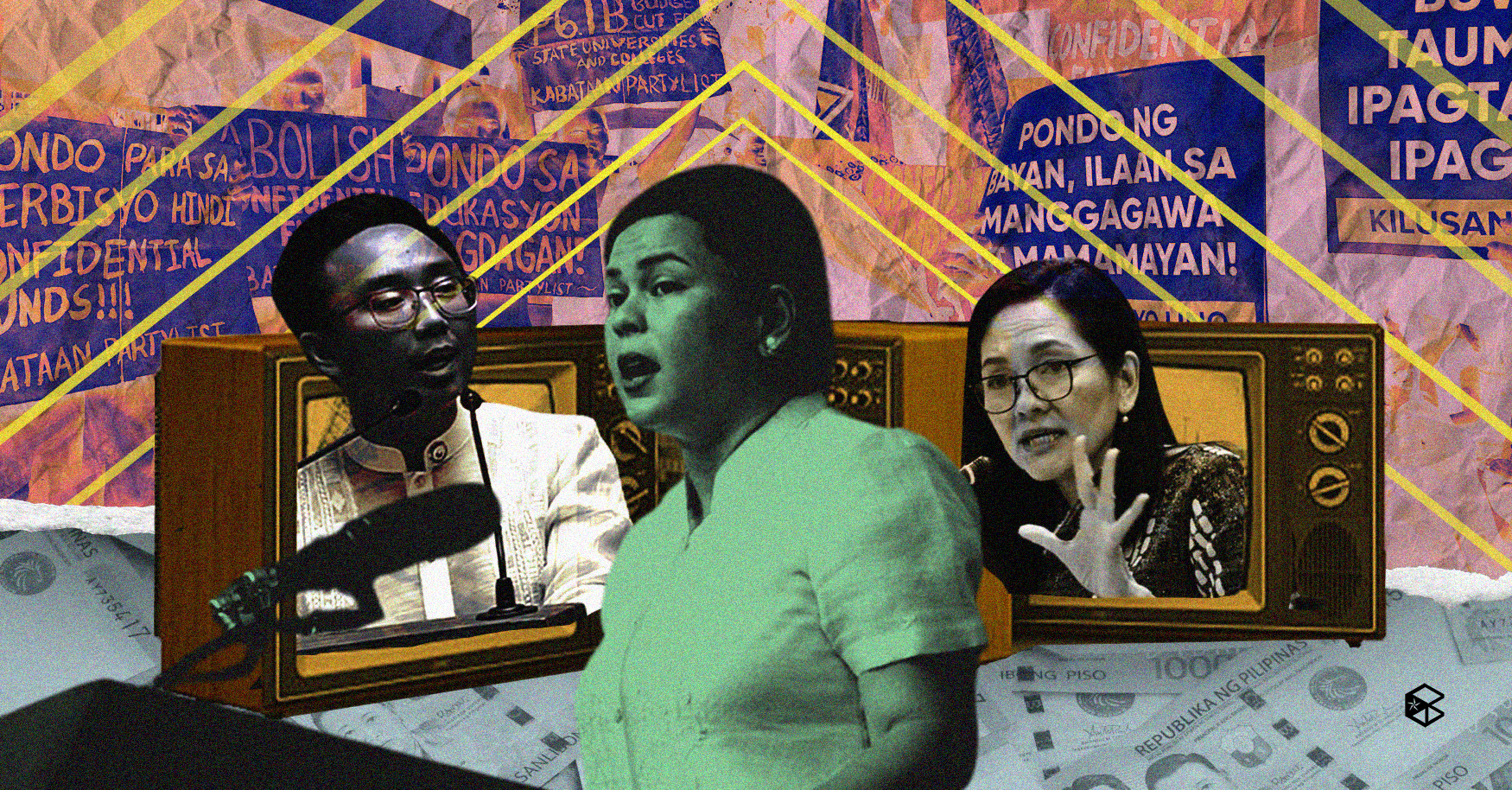Confidential funds are allocations within the budget of government agencies that are specifically set aside for sensitive, confidential, or secret operations. In the context of the Philippines, these funds serve specific purposes related to national security, intelligence gathering, law enforcement, and other covert or confidential operations.
Government agencies are authorized to utilize these funds when circumstances require a level of secrecy or confidentiality that cannot be achieved through the regular budgetary process.
In 2015, a collaborative effort by various government bodies, including the Commission on Audit (COA), the Department of Budget and Management (DBM), the Department of the Interior and Local Government, the Governance Commission for Government-Owned and Controlled Corporations (GCG), and the Department of National Defense, produced a joint circular that delineated regulations for confidential funds.
As per the 2015 agreement, confidential funds may only be utilized for the following purposes:
- Acquiring essential information necessary for the planning and execution of national security, peace, and order programs, actions, and initiatives.
- Renting transportation vehicles for clandestine operations.
- Covering the expenses associated with safehouse maintenance, including rentals and additional costs.
- Procuring or leasing supplies, materials, and equipment for discreet activities that cannot be conducted through regular procedures without compromising the confidentiality of the information-gathering operation in question.
- Providing incentives to informants who contribute valuable information.
- Detecting and preventing criminal activities that pose an immediate and evident threat to agency personnel, property, or other facilities and resources under the agency's protection, often in coordination with competent law enforcement agencies.
The authority to allocate and approve the use of confidential funds rests with the President of the Philippines. While these funds are crucial for safeguarding national interests, they pose challenges regarding transparency and potential misuse of corrupt practices.
One of the defining features of confidential funds is their need for a high degree of secrecy, which, in turn, can compromise transparency and accountability. The limited visibility of fund usage creates a genuine risk that government officials may exploit these funds for personal gain or engage in corrupt activities. This misappropriation can take various forms, such as diverting funds for unauthorized purposes, embezzlement, or other fraudulent activities.
Additionally, the discretionary nature of confidential funds can be manipulated to avoid standard procedures, making it easier for officials to reward contracts to preferred individuals or companies. This raises concerns about inflated prices, kickbacks, and corruption within the procurement process.
Political manipulation is another worrisome aspect, as the allocation and control of confidential funds can be utilized for political advantage. Officials may allocate funds to specific individuals or groups to serve personal or political agendas, rather than the public interest. This can lead to issues of favoritism, nepotism, and the misuse of funds to consolidate political power.
Furthermore, confidential funds can be used for purposes such as bribery and patronage politics. Public officials may leverage these funds to secure the loyalty and support of colleagues, constituents, or other individuals by providing financial support or benefits in exchange for political allegiance.
Efforts to oversee and regulate the use of confidential funds are in place, with bodies such as COA and the Joint Congressional Oversight Committee on Intelligence and Confidential Funds (JCOCICF) serving as important oversight mechanisms. However, their effectiveness can be limited, particularly if they are susceptible to political influence. Weak oversight can allow for the misuse of these funds to go undetected, exacerbating concerns about corruption and misallocation.
In the Philippines, balancing the need for secrecy in vital government activities and the misappropriation of private cash is a massive and continuous difficulty. To address these concerns, there is a need to enforce stringent regulations, and promote transparency to ensure that confidential funds are used for their intended purposes, upholding public interest while maintaining accountability.


